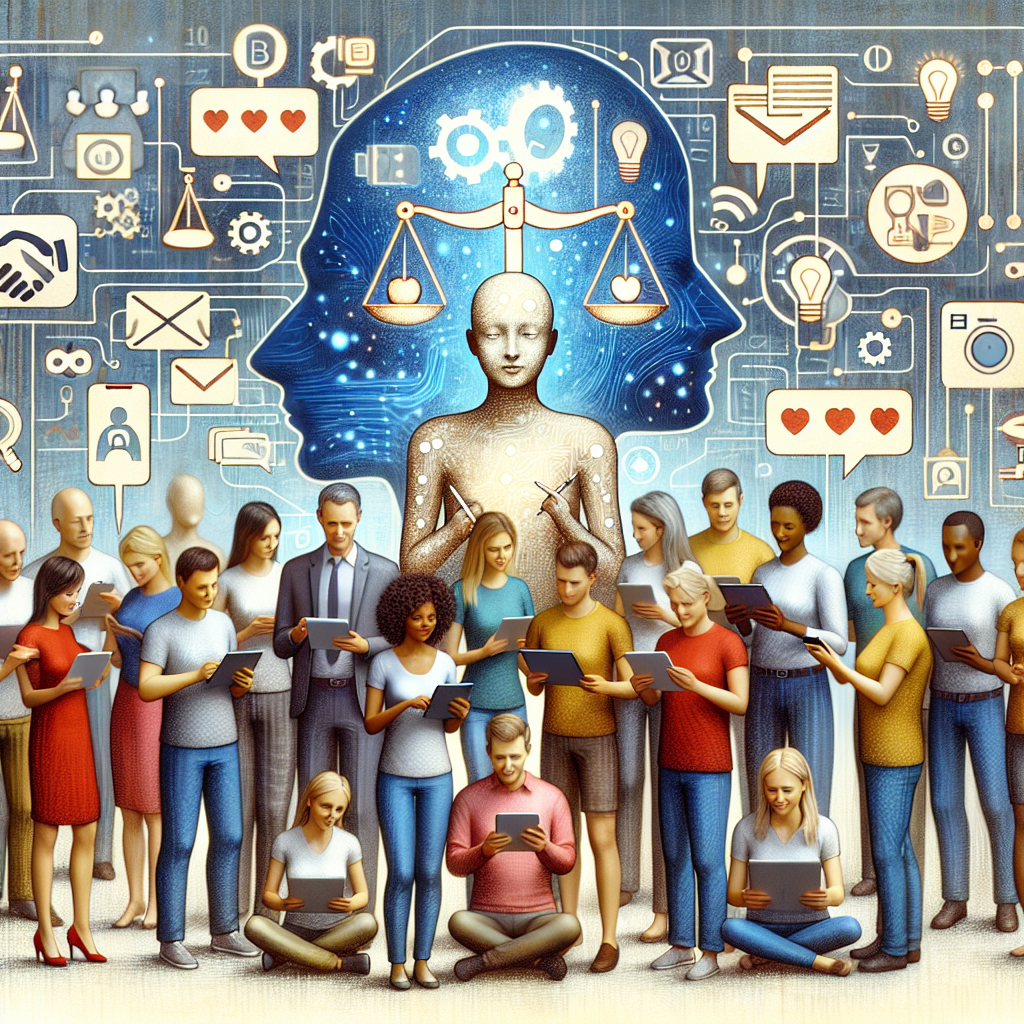Once lauded as a beacon of ethical innovation, OpenAI is now confronting intense scrutiny over its evolving corporate structure and strategic direction. Originally conceived as a non-profit focused on the safe advancement of artificial general intelligence (AGI), the organization has since transitioned into a unique for-profit hybrid, prompting questions about its commitment to its founding ideals.
According to the article “From Non-Profit Roots to For-Profit Ambitions: The OpenAI Saga,” published by Startup News FYI on October 29, 2025, OpenAI’s journey has been marked by a gradual realignment of priorities—from safeguarding humanity from unbridled AI development to competing in an increasingly commercialized tech landscape.
Founded in 2015 by a consortium that included Elon Musk and Sam Altman, OpenAI aimed to democratize access to artificial intelligence technology, ensuring it would benefit all of humanity. Backed by an initial $1 billion commitment, the organization emphasized transparency, collaboration, and long-term safety. However, as development costs surged and competition intensified, OpenAI adopted a capped-profit model in 2019, allowing it to attract private capital while maintaining nominal adherence to its ethical tenets.
This structural shift, the Startup News FYI article notes, has coincided with increasingly close partnerships with major tech firms and aggressive monetization of OpenAI technologies, most notably through its GPT language models and its integration into Microsoft’s enterprise products. Critics argue that such alliances risk compromising OpenAI’s independence and extinguishing its moral high ground.
Concerns about the company’s direction have only deepened following recent internal departures and public disagreements over strategic objectives. Some former employees have voiced fears that safety and alignment research are being sidelined in favor of scaling capabilities and securing market share. The ongoing debate underscores tensions between commercial imperatives and existential responsibilities—a balancing act that OpenAI, unlike conventional startups, cannot afford to mishandle.
Supporters of the hybrid model argue that financial sustainability is essential for long-term research and that OpenAI’s capped-profit structure still limits upside and incentivizes safety-focused outcomes. Nevertheless, skeptics question whether such mechanisms provide sufficient safeguards in an era when AI technologies are advancing rapidly and are being weaponized for economic and political gain.
As the company plays a growing role in shaping the global AI ecosystem, its dual identity remains both a strength and a liability. Startup News FYI’s retrospective on OpenAI’s evolution highlights a fundamental dilemma facing the AI field: whether it is possible to scale cutting-edge technology responsibly within the constraints of modern capitalism.
The OpenAI saga is far from over, but its trajectory may well serve as a case study for future generations grappling with the ethical construction of transformative technologies. For now, the world watches—equal parts hopeful and wary—as one of the most influential AI organizations navigates the treacherous waters between idealism and pragmatism.



